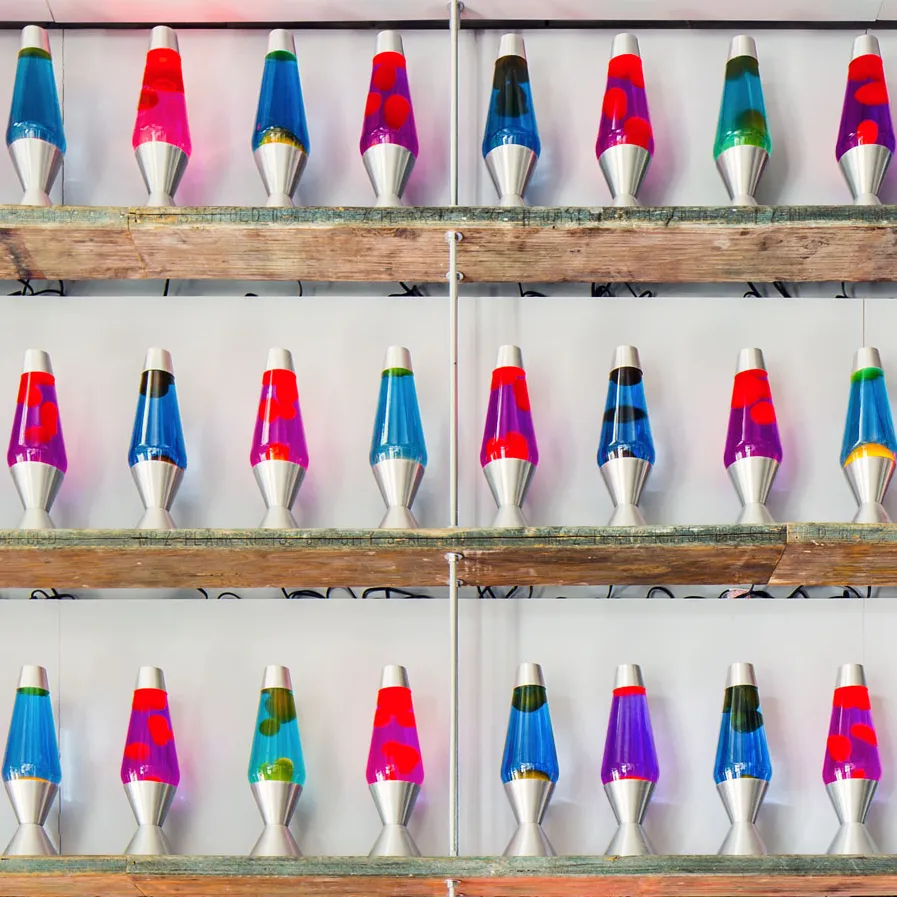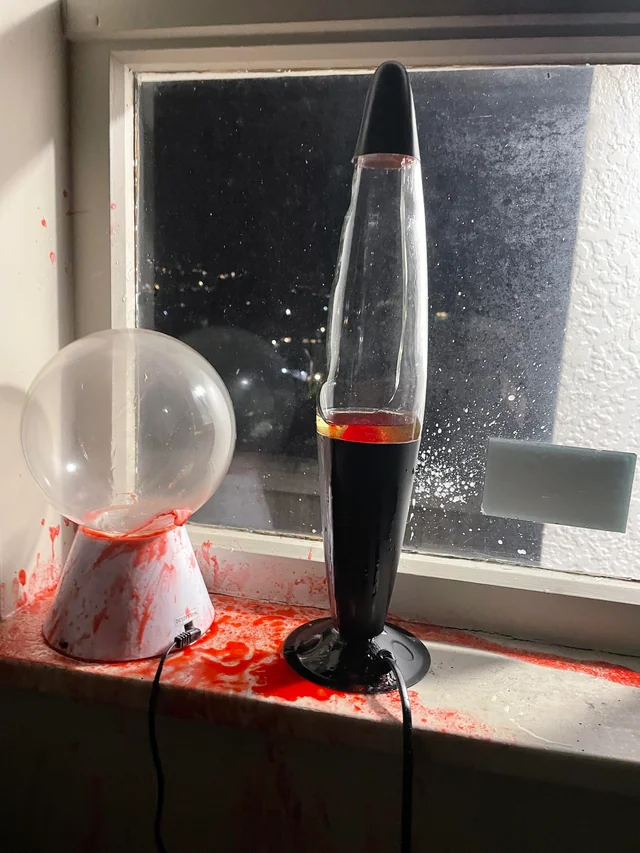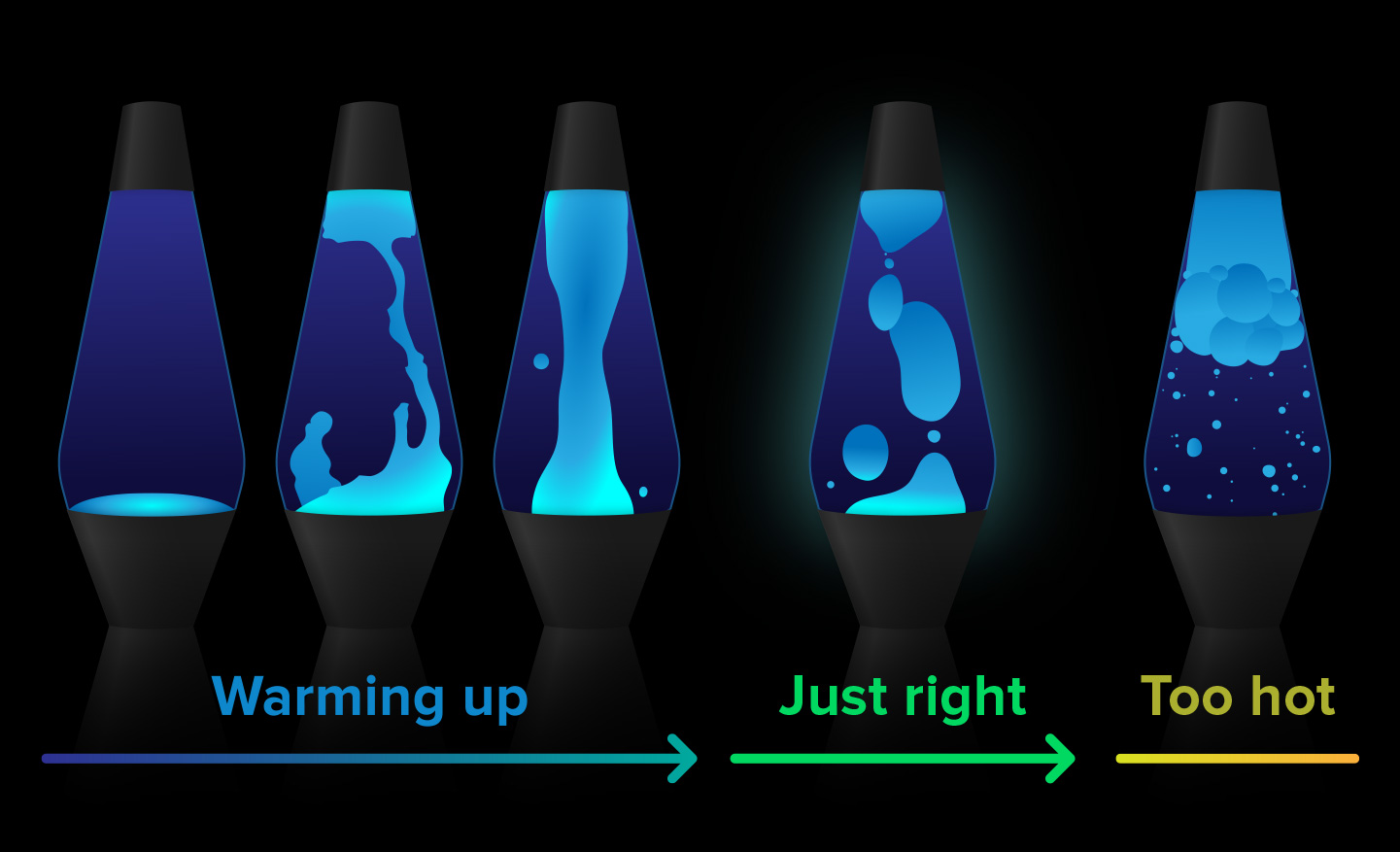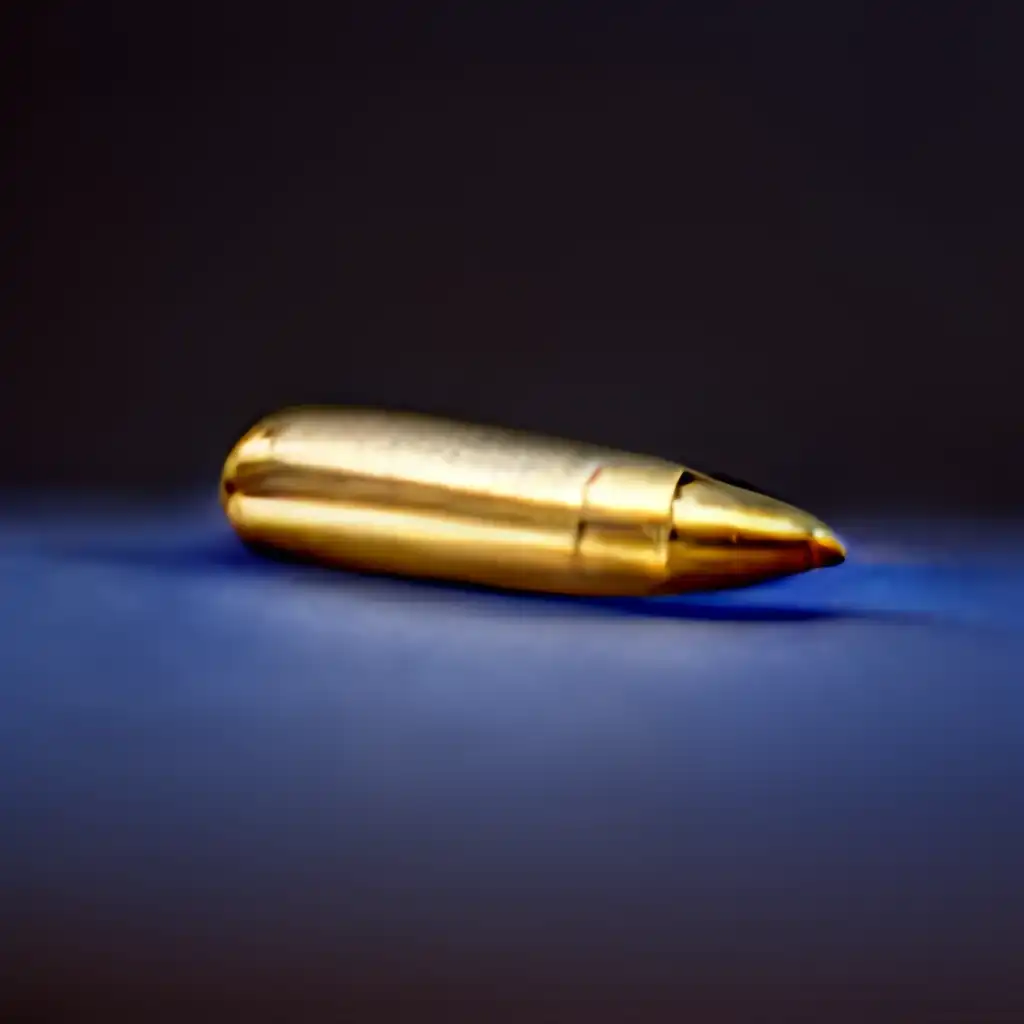Venturer
Do Lava Lamps Explode? Uncovering the Myths and Facts
Updated at 11-07-2023 · Science · Tech
Ever gazed at a lava lamp and wondered, "Do lava lamps explode?" While they seem innocent and are a mesmerizing addition to any room, some misconceptions about their safety persist. So, let's delve deep into the world of lava lamps, unraveling the myths, facts, and safety measures.
Do Lava Lamps Explode?
The Anatomy of a Lava Lamp
The term "lava lamp" might conjure an image of molten lava, but thankfully, lava lamps are far from real lava! The so-called "lava" is actually a mixture of wax and carbon tetrachloride, while the liquid component is water or mineral oil. The heating component at the lamp's base is what makes the wax "lava" rise and fall in the lamp. The design is pretty straightforward, but could something so simple pose a risk of explosion? Let's find out.
The Explosion Myth Unveiled
The short answer to the question, "Do lava lamps explode?" is — it's highly unlikely. In normal conditions, a lava lamp will not explode. The lamp operates at a low temperature and pressure, and the materials involved are not inherently explosive. However, if mishandled or used improperly, lava lamps can pose some safety risks.
Lava Lamps Under Extreme Conditions
Like any electronic device, subjecting a lava lamp to extreme conditions can lead to disastrous outcomes, including an explosion. Overheating or a significant drop in temperature might cause the lamp to shatter. However, the chances of such occurrences are slim when you follow the manufacturer's instructions.

Why Do People Believe That Lava Lamps Can Explode?
Recounting the Misinformation
The internet is a wonderful place for information, but it's also rife with misinformation. Tales of exploding lava lamps might be more a product of exaggeration and hearsay rather than factual evidence.
High-Profile Incidents
While incidents involving lava lamps are rare, a few high-profile cases have sparked fears. However, in most of these instances, the lamp was either faulty, mishandled, or used in a manner contrary to safety guidelines.

Exploring the Real Risks of Lava Lamps
Overheating - A Potential Risk
While lava lamps are not likely to explode, overheating is a real risk. If left on for an extended period, especially without supervision, the lamp could overheat, causing the wax to become too hot. This could potentially lead to the glass breaking.
The Chemical Component
While not inherently dangerous, the chemicals in a lava lamp can cause harm if ingested or if they come into contact with skin or eyes. The so-called 'lava' is actually a blend of paraffin wax, tetrachloroethylene, and dye, which should not be ingested or touched.
Ensuring Safe Use of Lava Lamps
Following Manufacturer Guidelines
The best way to ensure that a lava lamp is safe is by following the manufacturer's instructions. These guidelines include not leaving the lamp unattended while switched on, not using the lamp for more than 10 hours at a time, and avoiding shaking or moving the lamp when hot.
Child Safety Measures
Lava lamps are fascinating for children, but they're not toys. It's crucial to explain to children the potential risks associated with the lamp and to ensure that they never handle the lamp unsupervised.

Frequently Asked Questions
What happens if a lava lamp overheats?
If a lava lamp overheats, the wax may overheat, leading to a risk of the glass shattering. To prevent this, ensure the lamp is not on for more than 10 consecutive hours.
Can I leave my lava lamp on overnight?
While it may be tempting to leave your lava lamp on overnight, it's not recommended due to the risk of overheating.
What should I do if my lava lamp breaks?
If your lava lamp breaks, avoid touching the liquid or 'lava.' Carefully collect the broken glass and dispose of it safely.
Are lava lamps safe to use around children?
While lava lamps are generally safe, they're not intended to be used as toys. Ensure children do not handle lava lamps unsupervised.
Can I replace the bulb in my lava lamp?
Yes, you can replace the bulb in your lava lamp. Be sure to follow the manufacturer's instructions to ensure you use the correct type and wattage.
What should I do if my lava lamp isn’t flowing properly?
If your lava lamp isn’t flowing properly, it could be due to several reasons, including being too cold or too hot. Check the operating temperature and make sure it’s in a suitable location.
Conclusion
So, there we have it! While the notion that lava lamps can explode may be a tad overstated, they do pose certain risks if misused. With proper care and attention, lava lamps can remain the safe, captivating fixtures they're designed to be. Remember to follow safety guidelines, never leave them unattended, and keep them out of children's reach. So next time you catch yourself asking, "Do lava lamps explode?", rest assured that your beloved fixture is unlikely to erupt in a fiery spectacle. Keep enjoying the entrancing dance of the lava lamp, secure in the knowledge that it's not a ticking time bomb, but a beacon of mesmerizing calm.
.jpg)
.jpeg)
.jpeg)



